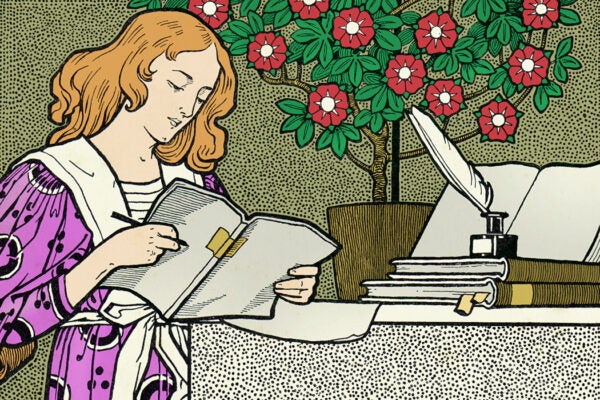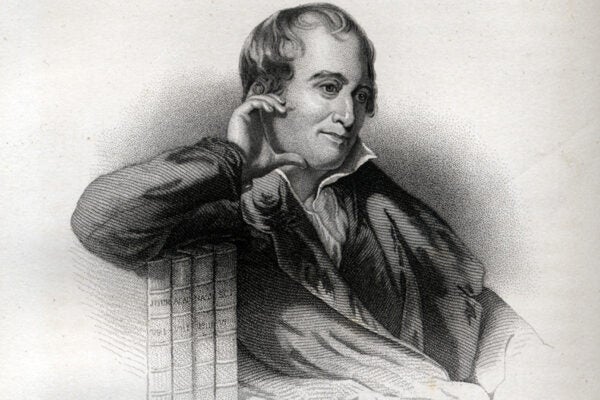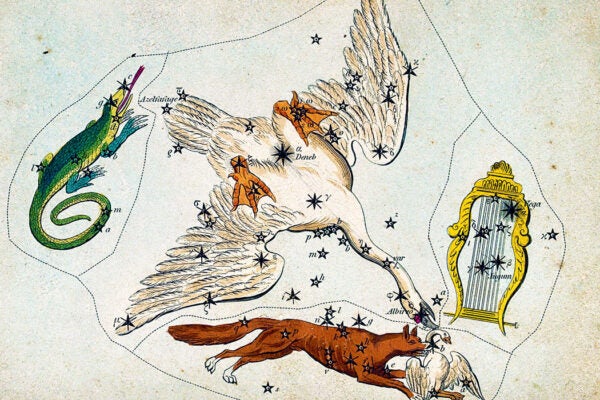Watching an Eclipse from Prison
For incarcerated people, being able to experience something collectively with those beyond the walls is a type of reprieve that buoys the soul and psyche.
Make Your Own Poetry Anthology
Teaching students to make their own poetry anthologies in the form of a commonplace book gives them insight into the power, and problems, of curation.
Intellectual Humility: Foundations and Key Concepts
Research about intellectual humility has exploded in the past decade. Psychologist Elizabeth Krumrei-Mancuso offers an annotated bibliography of key texts.
Second Opinions: On Intellectual Humility and Medicine
What happens when doctors admit they don't know everything?
Teaching Summary Skills with JSTOR Daily
Helping students to summarize scholarly works starts with getting them to ask the right questions about the material and the purpose of the exercise.
The Invention of the Gifted Child
The National Defense Education Act of 1958 meshed with white anxiety about the desegregation of schools.
A Boatload of Knowledge for New Harmony
Leaders of the Philadelphia Academy of Sciences voyaged down the Ohio River in 1825–1826, taking academic education on a journey in search of utopia.
Artificial Intelligence and Education: A Reading List
A bibliography to help educators prepare students and themselves for a future shaped by AI—with all its opportunities and drawbacks.
Educate Thy Neighbor: Missouri’s Accidental Desegregation Win
The 2010 Turner v. Clayton judgment was a milestone on the path toward reimagining education as a community’s responsibility.
Browsing for Images? Search Filters Are Your Friend
The images that stick with us the most tend to be those we find by chance. That’s where search filters come in.









